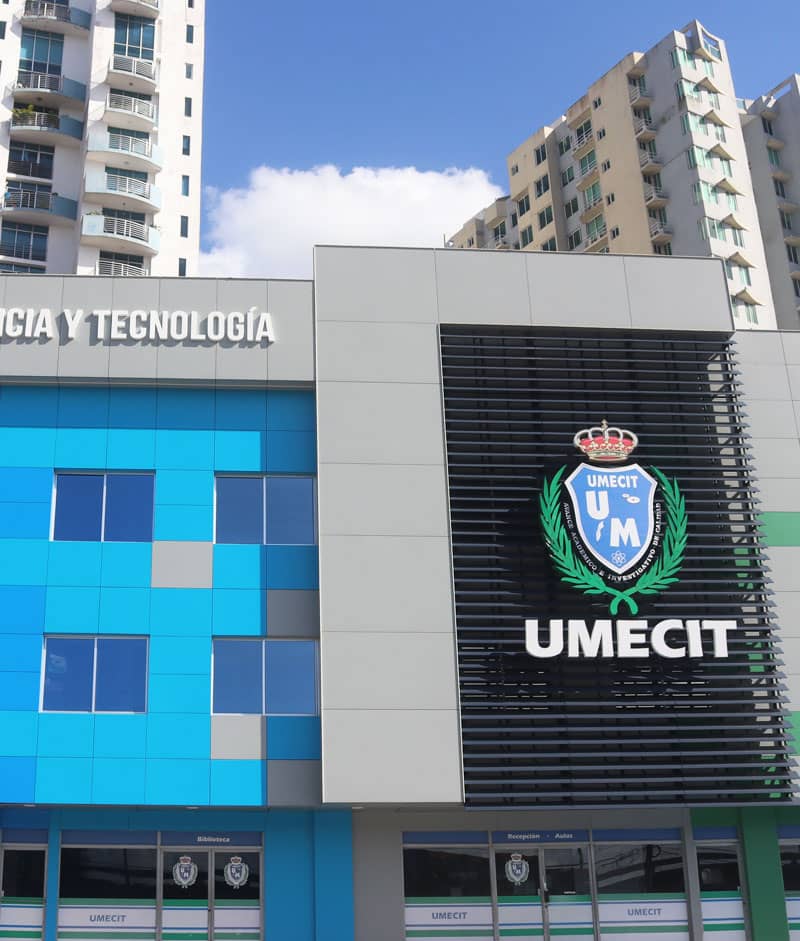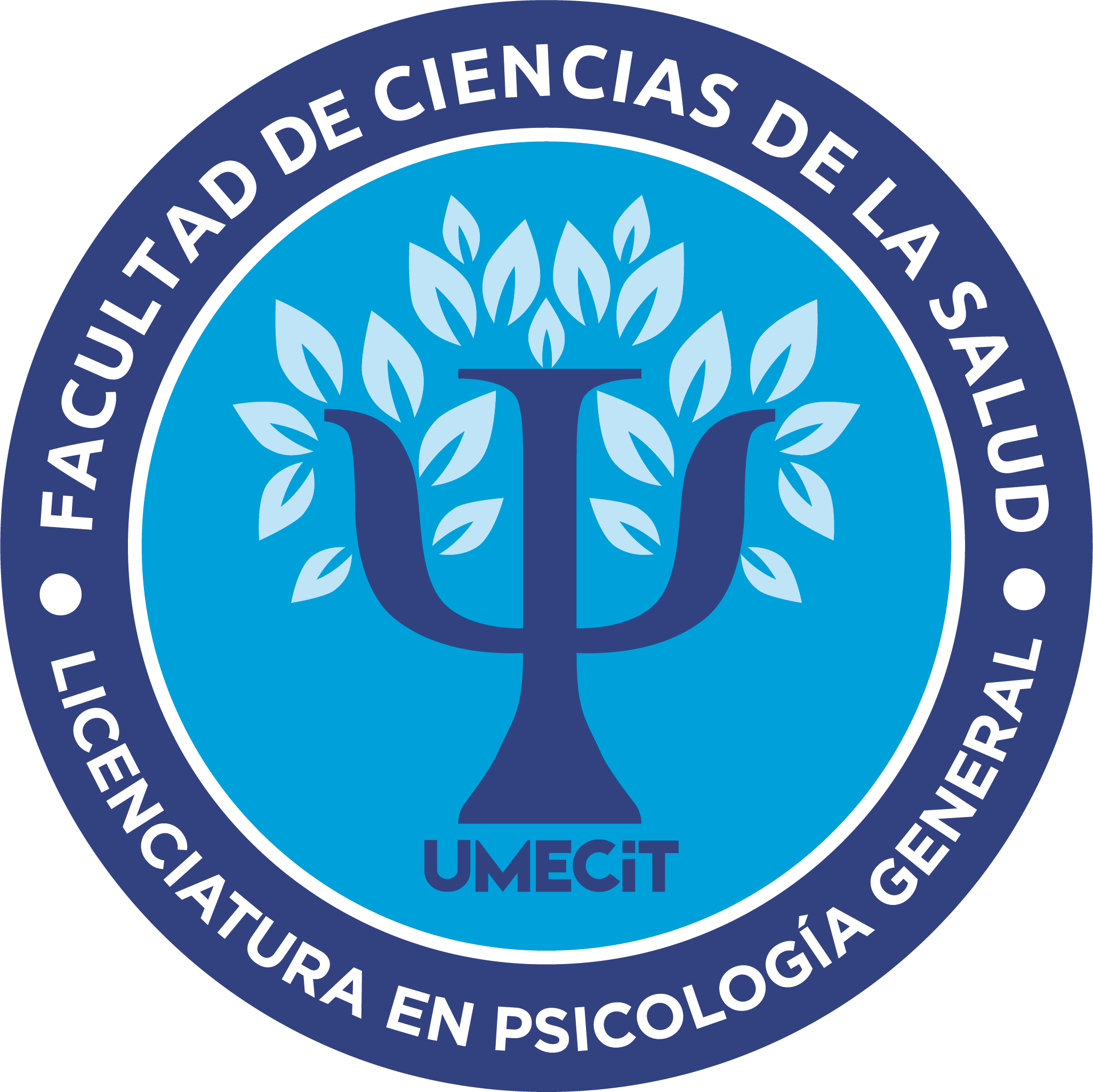“SOCIAL ROOTS”
The “Social Roots: Seedbed for the Exploration of Family and Social Contexts” is a space for research and reflection that focuses on the study of family and social contexts in different communities. The seedbed seeks to understand the importance of these elements in the training and development of people, as well as in the construction of individual and collective identities.
The main objective of the seedbed is to generate knowledge and promote awareness about the various aspects related to the family and social contexts, addressing issues such as family dynamics, intergenerational relationships, socialization processes, cultural diversity, among others.
Through research and the active participation of its members, the seedbed seeks to contribute to critical analysis and the generation of proposals that promote harmonious coexistence, respect and equity in different social environments.



The “Social Roots” Seedbed is positioned as a space for meeting and reflection, in which the exchange of ideas, collaborative work and the comprehensive training of its members is encouraged. Through academic, research and social outreach activities, the seedbed aspires to generate impact in the community and contribute to the development of inclusive and participatory practices in the family and social sphere.
In summary, the “Social Roots: Seedbed for the Exploration of Family and Social Contexts” is presented as a research space committed to the understanding and transformation of social reality, through the study and analysis of the family and social contexts. , with the purpose of building a more just and equitable society.
“SOCIAL ROOTS”
Promote research: The seedbed aims to promote research in the field of family and social contexts, promoting the generation of knowledge and the construction of new theoretical perspectives.
Understanding the importance of the family: It seeks to understand the relevance of the family as a social institution and its influence on the development of people, both individually and collectively.
Analyze social contexts: The seedbed intends to analyze the various social contexts in which families operate, considering factors such as culture, economy, politics and other aspects that influence family dynamics.
Reflect on family relationships: It seeks to reflect and discuss the different dynamics, roles and relationships that are established within families, with the aim of understanding diversity and promoting equity and respect.
Generate intervention proposals: The seedbed seeks to generate intervention proposals and concrete actions that contribute to the strengthening of families and the development of inclusive, equitable and participatory social contexts.
Promote interdisciplinary dialogue: The seedbed seeks to promote dialogue and collaboration between different disciplines, such as sociology, psychology, anthropology and other related areas, thus enriching the approach to the topics studied.
In summary, the objectives of the "Social Roots" Seedbed are focused on promoting research, understanding the importance of the family and social contexts, analyzing family relationships, generating intervention proposals and fostering interdisciplinary dialogue. With this, it seeks to contribute to the strengthening of families and the development of fairer and more equitable social contexts.
“SOCIAL ROOTS”
The Seedbed "Social Roots: Seedbed for the Exploration of Family and Social Contexts" is based on various conceptual and theoretical bases that allow for a comprehensive and enriching approach to topics related to family and social contexts. Below are some of the relevant conceptual and theoretical bases for this hotbed:
Family Systems Theory:
This theory considers the family as a complex system in which the interactions and relationships between its members are fundamental. Concepts such as family structure, communication, roles and internal dynamics are explored (Bowen, M; 2013).
Theory of human development:
This theory focuses on the study of human development throughout the life cycle and its interaction with the social environment. Aspects such as the cognitive, emotional and social development of people in relation to the family and social context in which they operate are analyzed (Bronfenbrenner, U; 2005).
Ecological theory of human development:
This theory considers that human development is influenced by multiple systems, from the microsystem (family) to the macrosystem (cultural and social context). The interactions between the different levels of systems and their impact on the development of people are analyzed (García, C; 2005).
Socialization Theory:
This theory focuses on how individuals acquire knowledge, skills, values, and behaviors through interaction with their social environment, mainly the family. The processes of cultural transmission and socialization in the family context are explored (Santrock, J. W; 2018).
Theory of family diversity:
This theory recognizes and values the diversity of family structures, beyond the traditional model. The importance of considering the different forms of family and their implications for individual and social development is addressed (Vargas, L., & Aboites, L; 2008).
These conceptual and theoretical bases provide solid frameworks for understanding and analyzing family and social contexts. By integrating these theoretical perspectives, the “Social Roots” Seedbed seeks to generate knowledge, reflection and proposals that contribute to the strengthening of families and the development of inclusive, equitable and participatory social contexts.


BIBLIOGRAPHY
- Bowen, M. (2013). Family Therapy in Clinical Practice. Jason Aronson.
2.Bronfenbrenner, U. (2005). Making Human Beings Human: Bioecological Perspectives on Human Development. Sage Publications.
3. Garcia, C. (2005). Developmental psychology: Childhood and adolescence. McGraw-Hill.
4. Minuchin, S. (1974). Families and Family Therapy. Harvard University Press.
5. Parke, RD, & Clarke-Stewart, A. (2010). Child Psychology: A Contemporary Viewpoint. McGraw-Hill.
6.Santrock, JW (2018). A Topical Approach to Lifespan Development. McGraw-Hill.
7.Vargas, L., & Aboites, L. (2008). Family diversity: Theoretical and methodological perspectives. National Autonomous University of Mexico.
WHICH ARE IN THE PROCESS OF IMPLEMENTATION FROM THE SEEDBED
"Evaluation of the perception and satisfaction of adolescents regarding family communication"
This project seeks to investigate how adolescents perceive and feel satisfied with the communication in their families. Surveys or interviews could be used to collect data on the quality of communication, emotional openness, and satisfaction levels of adolescents.
"Impact of domestic violence on the well-being of children"
This project aims to investigate the impact of domestic violence on the well-being of children and their psychosocial development. Case studies, interviews, or questionnaires could be conducted to collect data on children's exposure to violence, emotional symptoms, and social functioning.
"Analysis of the influence of gender roles in family decision-making"
This project seeks to explore how gender roles influence decision making within families. Interviews or focus groups could be conducted with members of different families to analyze how responsibilities and decision-making power are distributed according to gender.
"Migratory experiences and family adaptation"
This project aims to investigate migratory experiences and their impact on family adaptation. Interviews or questionnaires could be conducted to collect data on challenges, coping strategies, and changes in family dynamics due to migration.
"Evaluation of support programs for families in vulnerable situations"
This project seeks to evaluate the effectiveness of support programs aimed at families in vulnerable situations, such as parental training programs or economic support. Questionnaires, observations or interviews could be used to collect data on the impact of programs on family well-being and the development of parenting skills.

RESPONSIBLE FOR THE SEEDBED

teacher in charge
Marcela Arana
Contact: research.health
@umecit.edu.pa

Student leader of the Panama seedbed
Contact: nainsalcedo@gmail.com

Student leader of the Panama seedbed
Contact: victorfalconett@gmail.com

